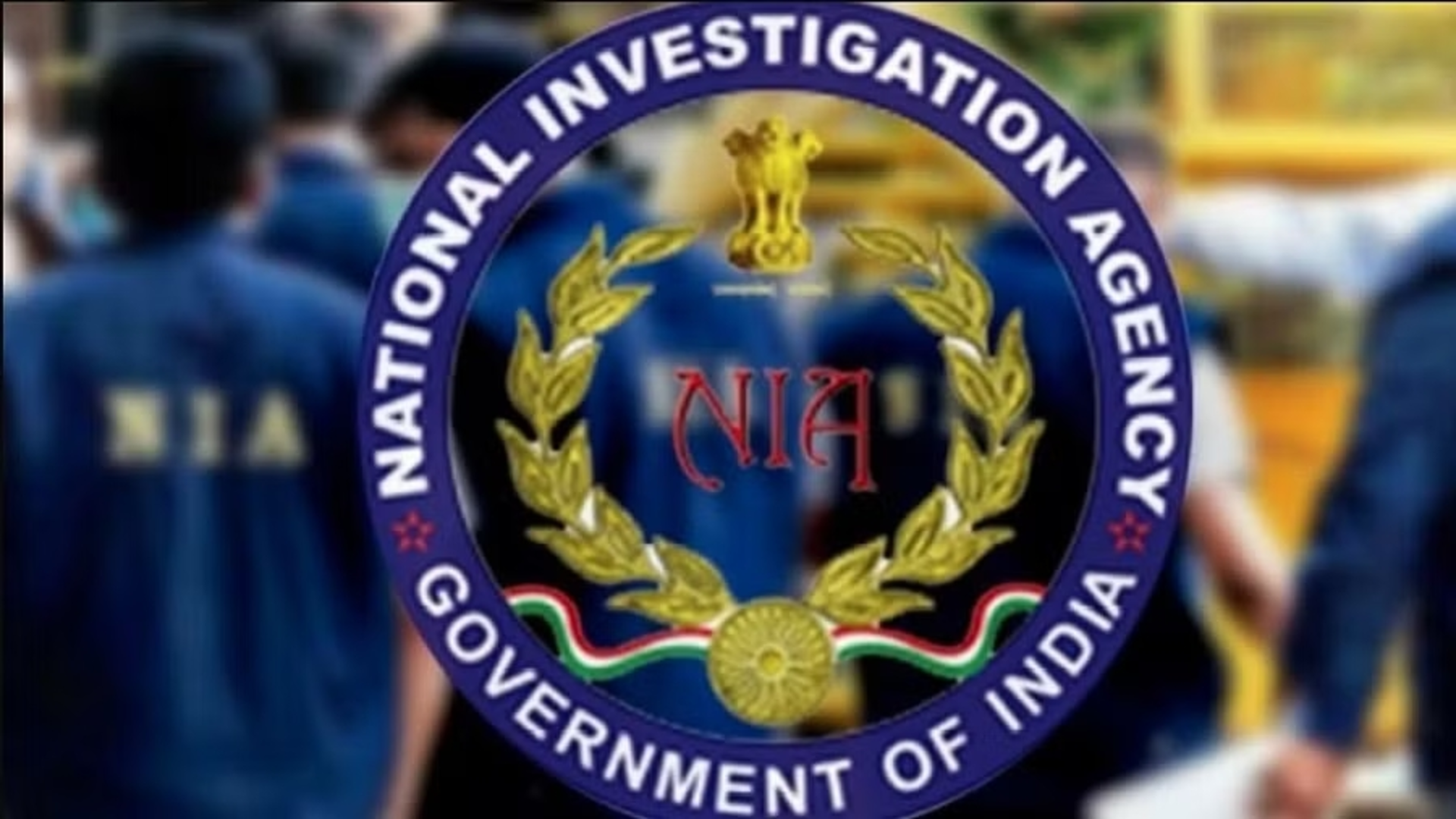
Academic pressure is taking a toll on the first-year students at the prestigious Indian Institute of Technology Bombay (IIT-B). The competitive environment on campus has led to an overwhelming sense of stress among newcomers, with 76% of surveyed students citing academics as the primary source of their distress. To address these concerns, IIT-B has initiated a series of measures aimed at easing the academic burden and enhancing student support.
Among the initiatives, the institution has discontinued branch changes, eliminated late evening or weekend lectures, provided an opportunity for supplementary examinations, and started keeping parents informed about attendance records. These actions intend to create a more nurturing and attentive educational atmosphere within the institution.
A final-year student at IIT-B expressed optimism regarding these changes, believing they will provide much-needed relief in the midst of a highly competitive environment. The recent survey, conducted campus-wide, identified intense competition as the primary source of stress for first-year students. Additional stressors included difficulties in grasping course materials, inadequate assistance from teaching staff, excessive laboratory work, subpar food quality, limited interaction with senior students, and homesickness.
The survey, which included 350 first-year students, revealed that only a small minority of 28 students reported experiencing no stress. These findings align with the recommendations of the Academic Stress Mitigation Committee (ASMC), established following the Darshan Solanki suicide case, which emphasized academic stress as a critical concern.
Kishore Chatterjee, co-convenor of the ASMC, explained that the decision to halt branch changes was based on extensive consultations with faculty members from various departments. The belief that certain branches are more popular, resulting in many students aspiring to switch after their first year, led to the decision. Chatterjee remarked that subjecting students to another competitive atmosphere after the challenging admission process was counterproductive.
While it’s uncommon for lectures or exams to extend into weekends, the committee recommended avoiding academic activities on weekends or holidays for first-year students. They also proposed scheduling lectures between 8:30 am and 5 pm to provide students with more time for extracurricular activities, self-study, and relaxation.
Additionally, the introduction of an “FF” grade instead of a “fail” grade, accompanied by a second chance to clear a course, has been a significant relief for students. In the past, receiving a “fail” grade meant repeating the entire course, leading to an excessive academic burden.
While discontinuing branch changes has sparked some reservations, these reforms represent a vital step towards creating a healthier and more supportive environment for students at IIT-Bombay.














